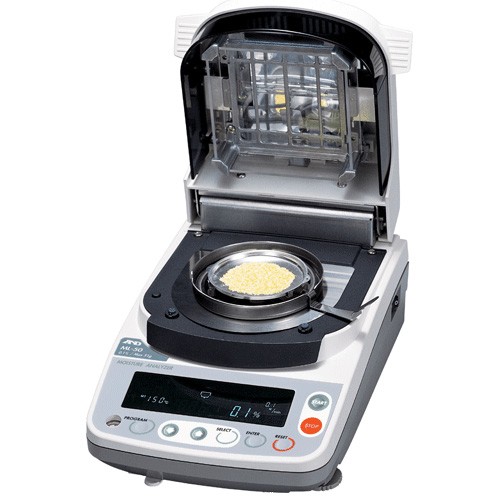Industrial settings often require heavy-duty equipment capable of withstanding demanding environments. When it comes to weighing large or bulky objects, stainless steel floor scales are a crucial tool for ensuring accuracy and efficiency. But are they the right choice for your business?
The Power of Stainless Steel
Stainless steel isn’t just a shiny aesthetic choice. It offers a unique combination of properties that make it ideal for floor scales:
Durability: Stainless steel is exceptionally resistant to corrosion, rust, and wear. This is vital in industrial settings where spills, moisture, and harsh chemicals are common. Unlike painted carbon steel scales, stainless steel won’t chip or peel, maintaining its integrity for extended periods.
Sanitary Design: The smooth, non-porous surface of stainless steel inhibits the growth of bacteria and other microbes. This makes it ideal for cleanroom environments, food processing facilities, and pharmaceutical applications where hygiene is paramount.
Easy Cleaning: Maintaining a clean and sanitary floor scale is crucial for accurate measurements and preventing cross-contamination. Stainless steel’s smooth surface allows for easy cleaning and disinfection using standard cleaning products.
High Capacity: Stainless steel floor scales can be designed to handle incredibly heavy loads, making them suitable for weighing everything from pallets of goods to industrial machinery.

Beyond Durability: Benefits of Stainless Steel Floor Scales
The advantages of stainless steel floor scales extend beyond their robust construction:
Accuracy and Precision: High-quality stainless steel floor scales provide exceptional accuracy and precision in weight measurement. This is essential for businesses that rely on precise weight data for inventory control, cost calculations, and regulatory compliance.
Versatility: Stainless steel floor scales come in various sizes and capacities to suit diverse weighing needs. From compact benchtop models to large platform scales, you can find one that perfectly integrates into your workflow.
User-Friendly Operation: Modern stainless steel floor scales often incorporate user-friendly features like digital displays, easy-to-use controls, and connectivity options. This allows for efficient operation and data recording.
Low Maintenance: Due to their durable construction and minimal cleaning requirements, stainless steel floor scales require minimal maintenance compared to other types of scales. This translates to lower long-term costs.
Investment Value: While the initial investment for a stainless steel floor scale might be higher than some alternatives, their extended lifespan, low maintenance requirements, and reliable performance make them a cost-effective choice in the long run.
Applications for Stainless Steel Floor Scales
The versatility of stainless steel floor scales makes them suitable for a wide range of industries:
- Manufacturing: For weighing raw materials, finished products, and managing inventory control.
- Food Processing: Ensuring accurate portion control, complying with food safety regulations, and weighing ingredients for recipes.
- Pharmaceuticals: Maintaining precise measurements for sensitive ingredients and adhering to strict quality control protocols.
- Shipping and Receiving: Verifying the weight of incoming and outgoing goods for accurate shipping costs and inventory management.
- Recycling and Waste Management: Accurately weighing recyclable materials and waste for efficient processing and billing.
Choosing the Right Stainless Steel Floor Scale
Selecting the right stainless steel floor scale for your business requires careful consideration of several factors:
- Capacity: Determine the maximum weight you’ll need to weigh to ensure the scale can handle your needs.
- Platform Size: Choose a platform size that accommodates the objects you’ll be weighing comfortably.
- Accuracy Requirements: Consider the level of precision necessary for your application.
- Features: Evaluate additional features like digital displays, data recording capabilities, and connectivity options.
- Environmental Conditions: If your environment is wet, dusty, or prone to extreme temperatures, choose a scale with appropriate IP ratings for protection.
Stainless Steel Floor Scales: A Reliable Investment
For businesses requiring a robust, accurate, and easy-to-maintain weighing solution, stainless steel floor scales are a dependable investment. Their durability, hygienic design, and versatility make them a valuable asset in various industrial settings. By carefully considering your specific needs and choosing the right scale, you can ensure efficient and accurate weight measurement for years to come.

Contact Scales and Balances
If you’re considering a stainless steel floor scale for your business, Scales and Balances: can assist you. We offer a wide range of high-quality stainless steel floor scales from reputable brands. Our experienced team can help you select the perfect scale for your specific requirements and ensure you get the most out of your investment.





















